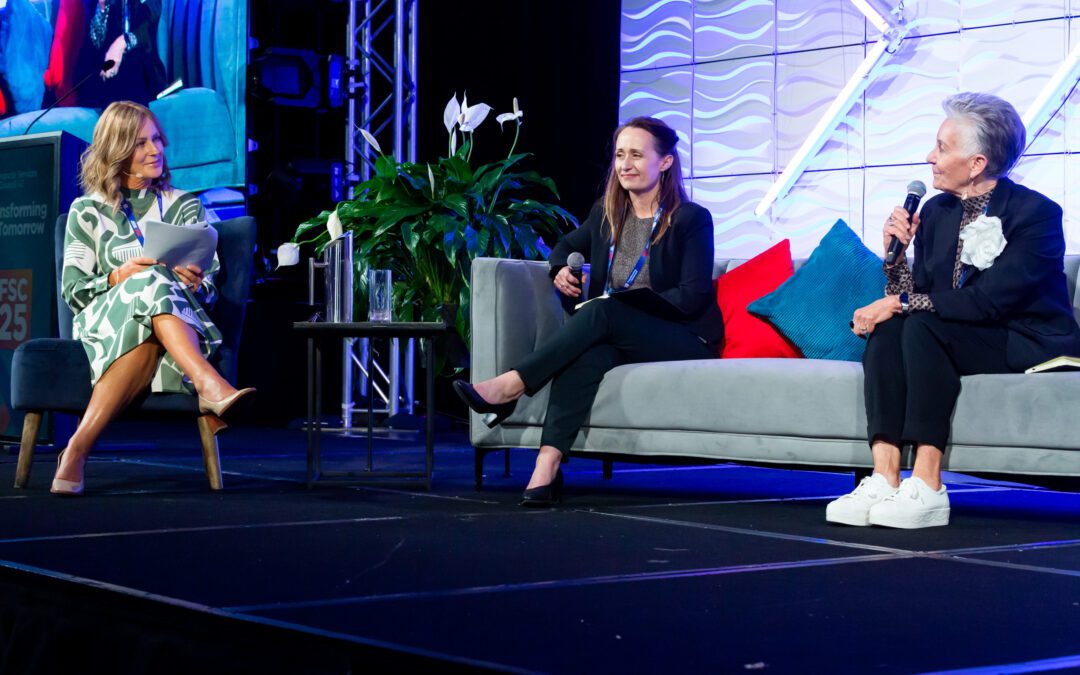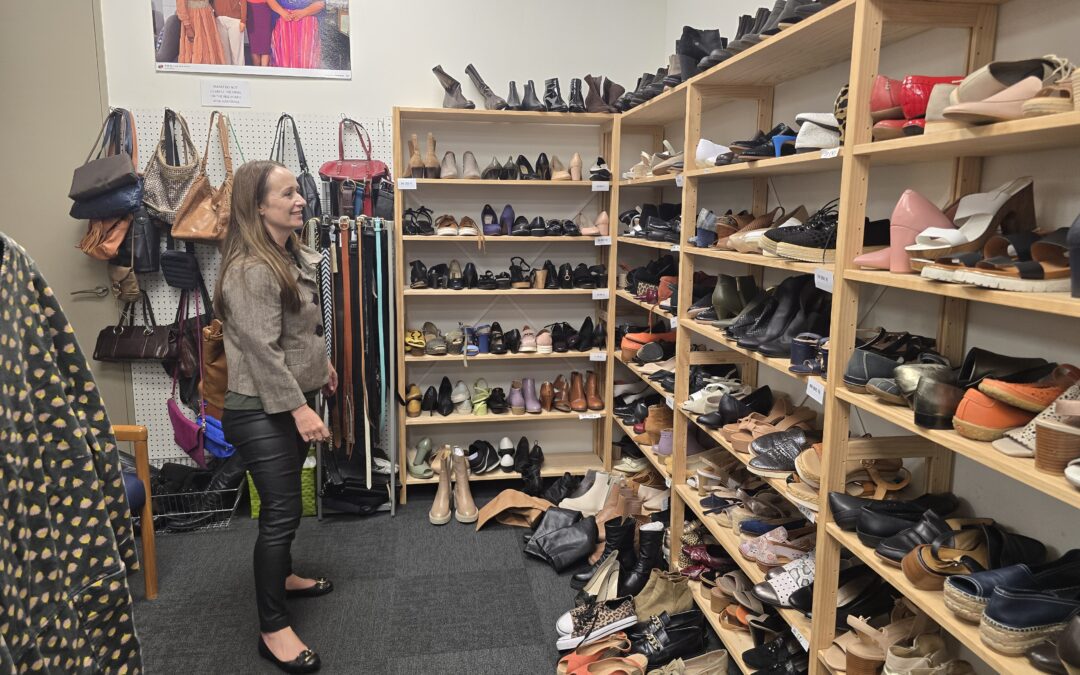Warren Buffet famously said “Only when the tide goes out do you discover who’s been swimming naked” – and we may soon see exactly who’s in the buff, because the tide has turned.
Interest rates are rising, inflation is a 30-year high, share markets have been falling and the housing market has been slowing, there are supply issues, tighter lending conditions, rising omicron cases, a red traffic light, and the Government seems to be more reticent about financial support (so far at least).
The list of pressures is long. Plus, after two years of Covid people’s resilience – both financial and mental – has been depleted.
Any one of those factors in isolation might be innocuous enough, but together it feels like we’re facing a bit of a financial reckoning.
So, what should you do – hunker down or double down? The answer is, of course, different for everyone, but in general I’d say it’s a little bit of column A and a little bit of column B.
Many people’s tendency at times like this is to defer investment decisions because they think they’d be better off buying at the bottom of the market. There are several problems with that. For a start the bottom is usually only obvious in hindsight, and banks are at their least willing to lend at the bottom of the financial cycle. So, unless you’re a cash buyer, buying at the bottom may not be an option, no matter how cheap the purchase price. Whether to invest is a decision that should be informed by your goals, your capacity, your timeframe, and your risk appetite -so you needn’t go into hibernation solely due to macroeconomic headwinds.
In fact, hunkering down and doing nothing has a higher cost than before. With inflation at 5.9% and picked to go higher still, doing nothing is going erode your wealth. That’s significant, because the typical assumption is that choosing to do nothing means you just stand still, but now it means you’re going backwards.
Therefore, you may need to accept higher risk than you otherwise would have if you’re to chase higher returns. Obviously, I wouldn’t encourage you to do this recklessly, but sitting on your hands also seems reckless if you have a financial goal to fulfil. The negative impact of deferring investment decisions is worse when you’re older and your window of opportunity is fast closing.
However, there are some areas where hunkering down could be required. To my mind, you really don’t want to be forced to sell an asset over the next couple of years (that’s distinct from choosing to sell.)
The housing market is sluggish amid tighter lending policies and rising interest rates, it’s difficult to get credit to fund a business purchase, and the share market is off the boil, too. While you may have enjoyed some stellar gains in the past few years, you may equally have taken on a fair amount of debt to fund it, or your situation may have been impacted by Covid in the meantime. So, an element of hunkering down may in order if continuing to ‘hold’ is a stretch. Holding your investments during this time is key to making financial progress in the long term. Volatility, or a drop in the markets, is only an issue if you have to realise that loss – so take your time to work on a plan that means you don’t.
Start by assessing your debt. Restructuring debt or renegotiating loan terms could be enough to negate the impact of rising prices. In some instances, it may make sense to break a fixed term loan early in order to lock in a new rate which, while higher, may be a better deal than the one you’d get if you waited for your current term to expire. It might require doing a few sums to work out what will make the most difference.
If that doesn’t go far enough, start looking at implementing a short period of ‘Level 4 lockdown’ style spending. I call it ‘nil by mouth’. It’s not fun, but it’s temporary, it’s something you can directly influence, and it can help create the cash buffer required to tide you over. Obviously, not everyone needs to take such drastic action, but everyone could benefit from reviewing their expenses and sharpening the pencil.
You should also focus on bolstering the income side of the equation – especially while inflation is running hot. That might involve searching for a new job or asking your employer for a pay rise, but if that doesn’t work, think creatively. Covid has been particularly hard on some companies so if a higher salary isn’t an option, there may be other ways achieve the same end. Your employer may be willing to offer, for example, greater flexibility, which could lower your transport or childcare costs; a carpark which could reduce parking costs; professional development that could increase future salary potential.
The current confluence of factors mean now is not the time to drift or take a wait-and-see approach – it’s time to be deliberate about your financial strategy, or it may become obvious you’ve been swimming in nothing but your birthday suit.
Hannah McQueen is a financial adviser, chartered accountant, personal finance author and the founder of enable.me – financial strategy & coaching.
To book a consultation with an enable.me financial coach, click here.
This column was originally published on www.stuff.co.nz
Disclaimer: This blog post is for informational purposes only and does not constitute individual financial advice. If you’re interested in receiving personalised financial advice, you can book in a consultation with an enable.me coach. Costs apply.


